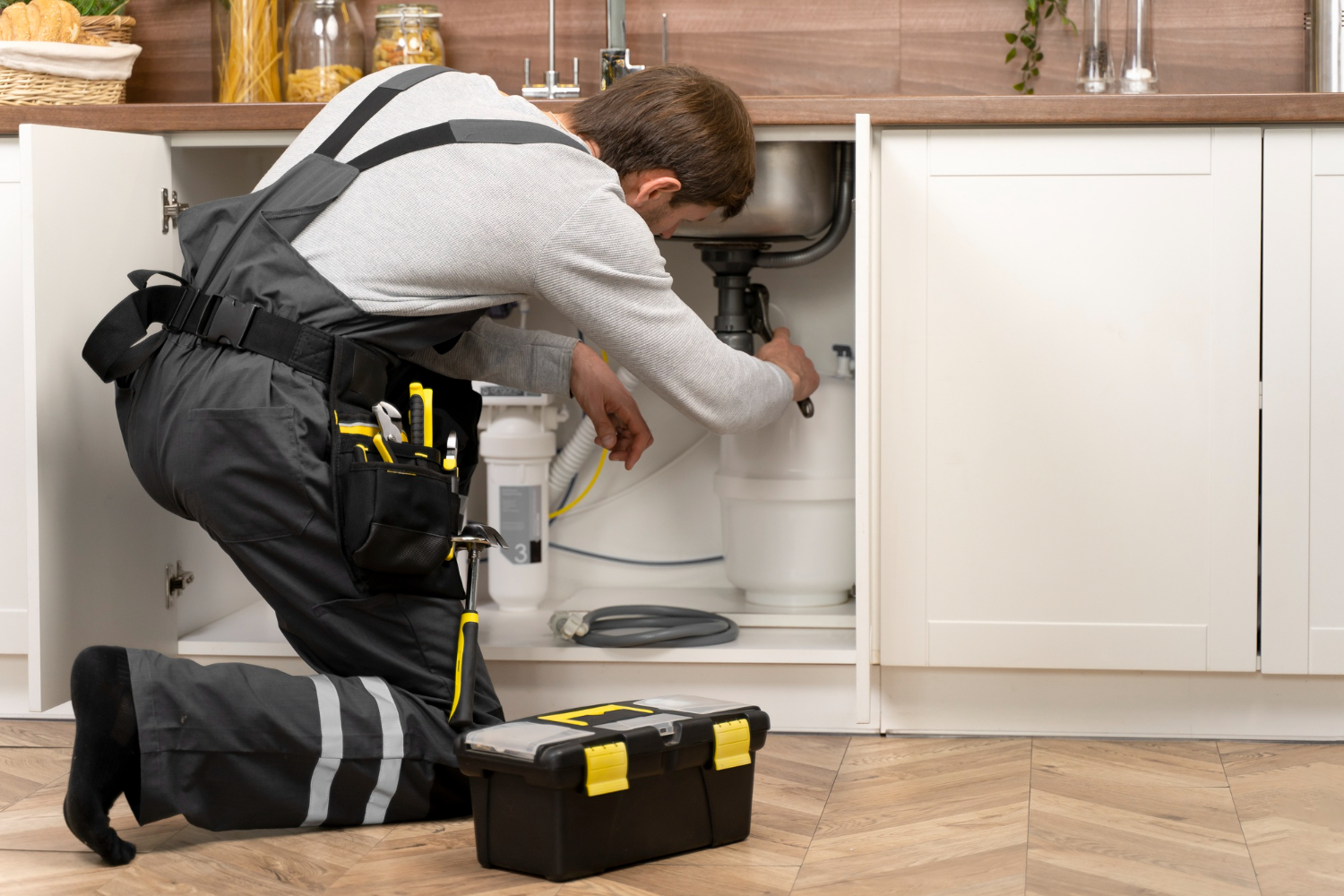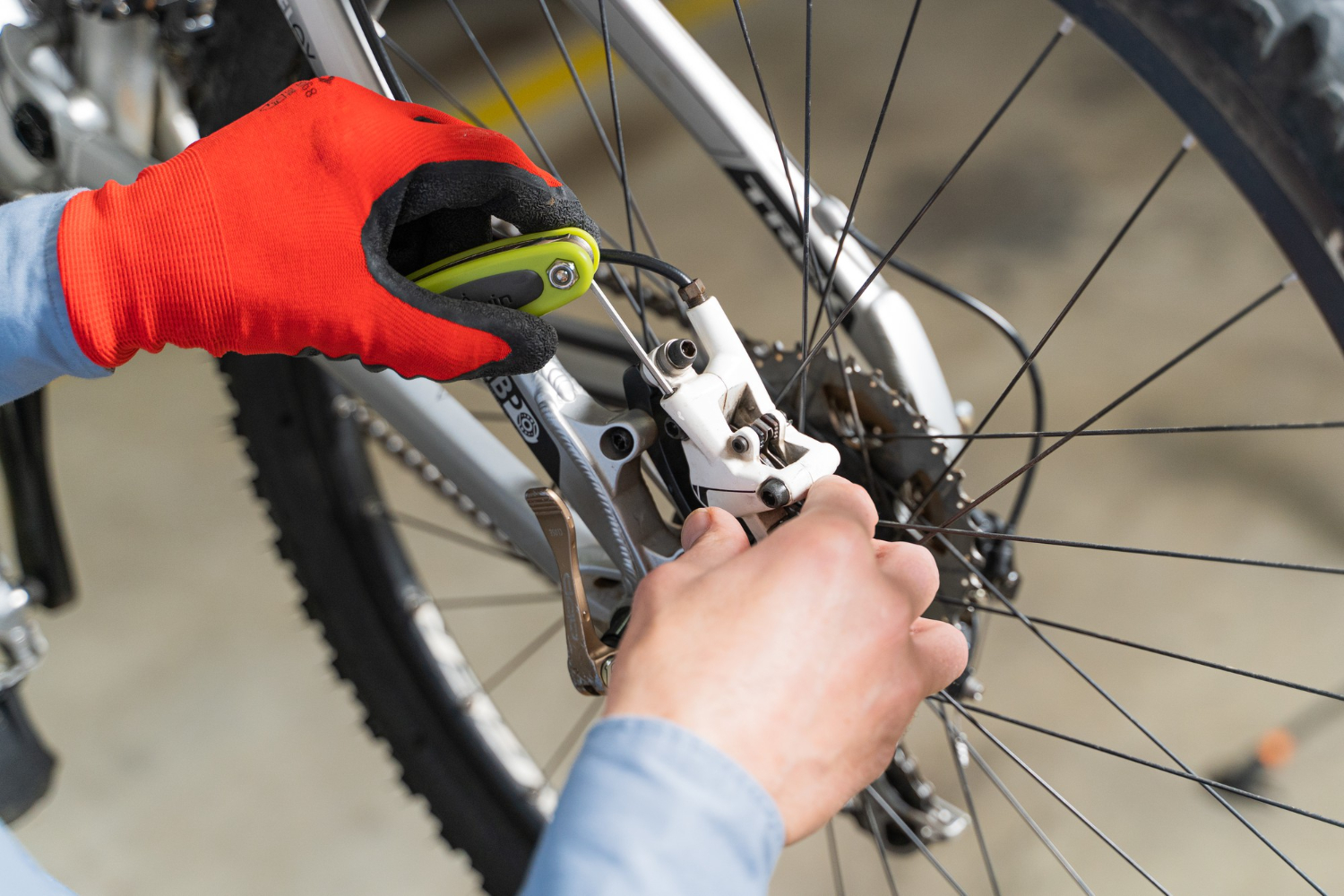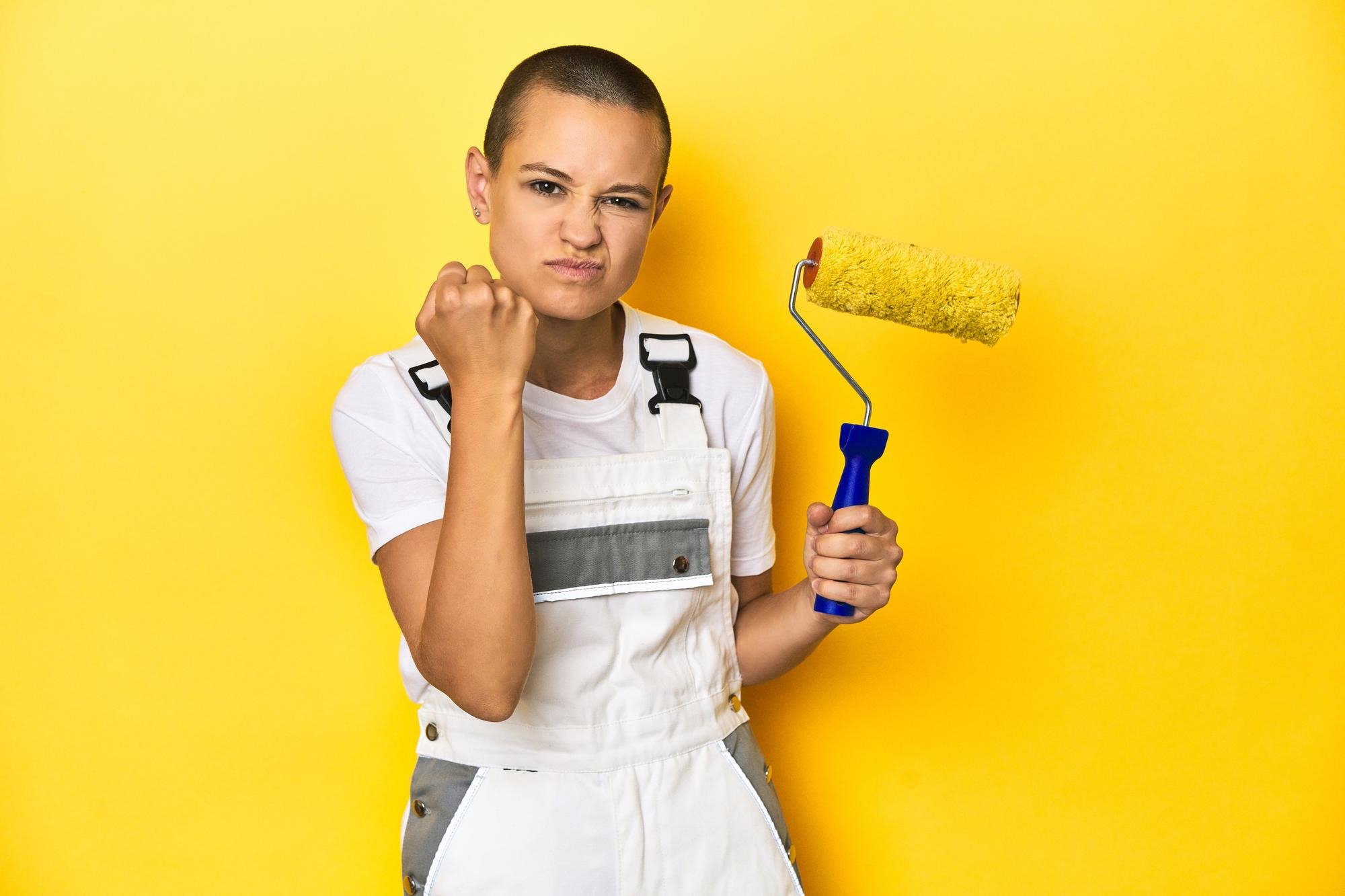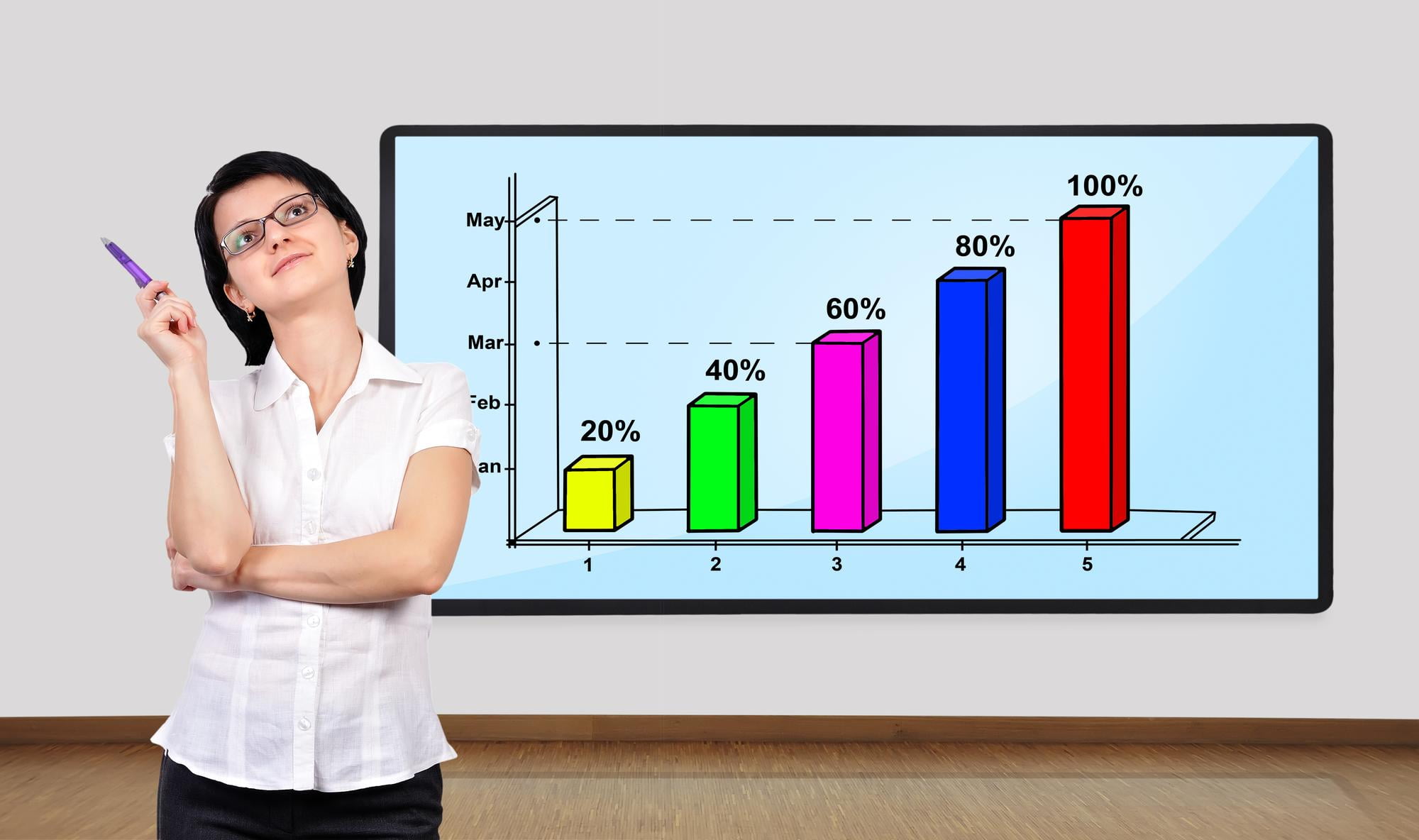Picture this—it’s 2 a.m., and a geyser has erupted in your kitchen. Water is flooding everywhere, and you realize you need help, fast! In moments like these, finding the right emergency plumber can mean the difference between a minor inconvenience and a major disaster.
It’s crucial to choose wisely to avoid further damage and excessive costs. This blog post provides you with ten practical tips to find a reliable emergency plumbing service, ensuring you’re well-prepared for any plumbing crisis.
Table of Contents
ToggleWhat is an Emergency Plumber?
When water starts gushing from unexpected places or an ominous sewer smell fills your home, you know it’s time to call in the professionals. But who exactly qualifies as an emergency plumber? These heroes of the plumbing world are skilled experts ready to tackle urgent situations that can’t wait for standard business hours.
Definition
An emergency plumber is a professional equipped to handle critical plumbing issues swiftly and efficiently, no matter the time of day.
Examples
Common emergency situations include burst pipes that can flood your home, sewer backups that pose health risks, and gas leaks that require immediate attention. These are not just inconvenient—they’re potentially dangerous, which is why having access to a reliable emergency plumber is essential.
Tip 1: Check Credentials and Licensing
When you’re knee-deep in a plumbing crisis, it may be tempting to choose the first plumber you come across. However, ensuring the plumber is licensed and certified is crucial.
Importance of Licensing
A licensed plumber has undergone the necessary training and certification, which means they are well-versed in local plumbing codes and safety standards. This reduces the risk of faulty repairs and ensures your plumbing issues are resolved correctly.
How to Verify
You can verify a plumber’s credentials by checking with local authorities or professional organizations. Most licensing boards offer online directories where you can confirm the legitimacy of a plumber’s certifications.
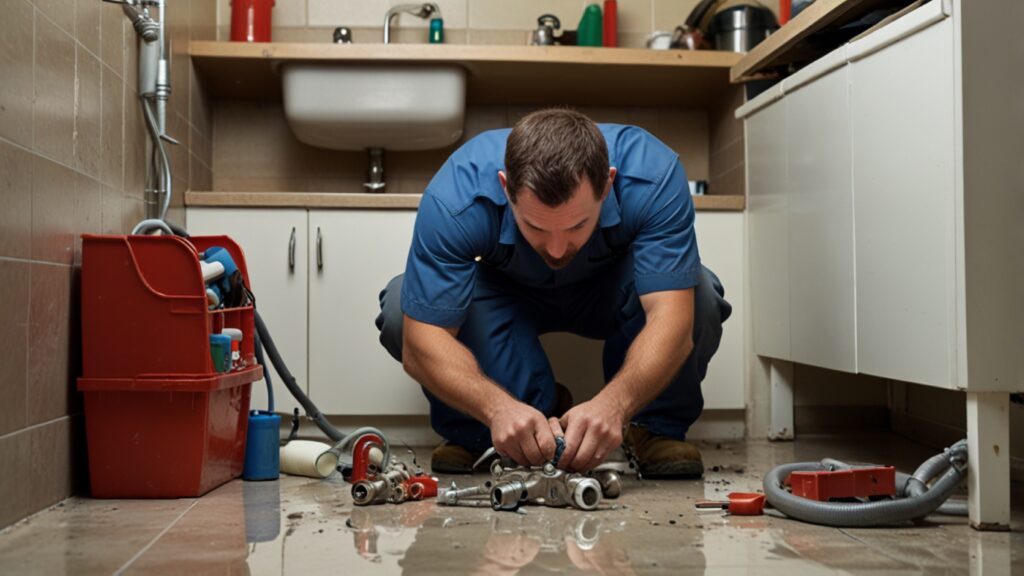
Tip 2: Assess Experience and Expertise
Experience is a non-negotiable factor when dealing with plumbing emergencies. A seasoned plumber will have encountered numerous scenarios and developed the skills to address them efficiently.
Experience Matters
The more experienced a plumber, the quicker and more efficiently they can diagnose and fix your problem. This is particularly important during emergencies, where time is of the essence.
Specialized Expertise
If your home has unique plumbing setups—such as older systems or advanced smart-home integrations—look for plumbers with specific expertise in those areas. This ensures they are well-prepared to handle any challenges that arise.
Tip 3: Evaluate Availability and Response Time
In emergencies, every second counts. You need a plumber who can respond swiftly to minimize damage and stress.
24/7 Service
Verify that your chosen plumber offers round-the-clock service. Plumbing disasters don’t stick to a schedule, and neither should your plumber.
Quick Response
A prompt response can save you money and frustration. Be sure to ask about average response times and choose a plumber known for their quick arrival and efficient service.
Tip 4: Read Reviews and Testimonials
In the digital age, reviews are invaluable for gauging a plumber’s reliability and professionalism.
Why Reviews Matter
Previous customers provide firsthand insights into the quality of service you can expect. Positive reviews often highlight promptness, effective solutions, and excellent customer service.
Where to Look
Check platforms like Google, Yelp, and Angie’s List for honest feedback from other clients. This will help you form a well-rounded view of potential plumbers.
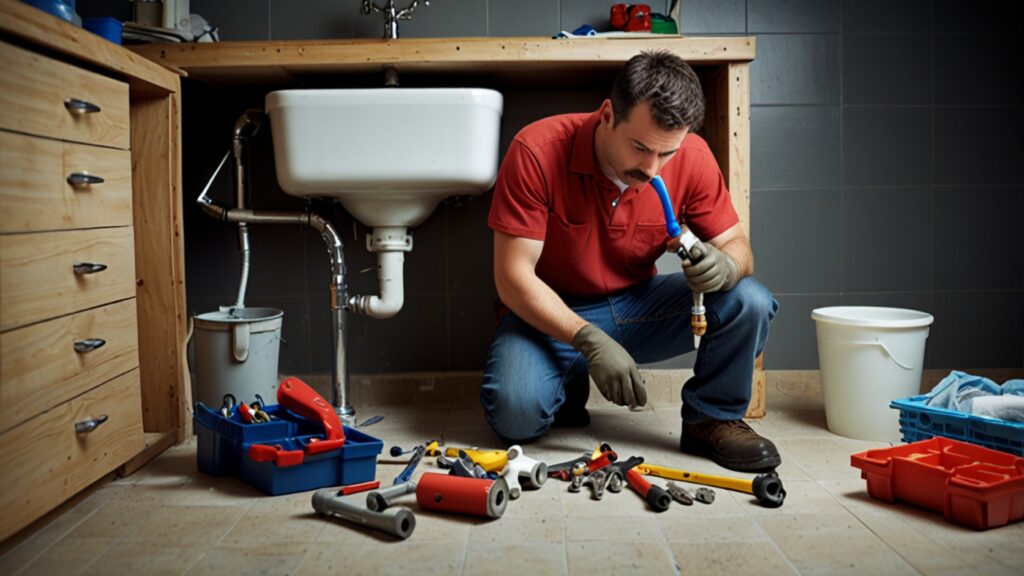
Tip 5: Compare Pricing and Get Quotes
Understanding the costs associated with emergency plumbing services is key to avoiding surprise bills.
Transparent Pricing
Ensure the plumber provides clear, upfront pricing. This includes understanding any additional fees for emergency call-outs outside regular hours.
Avoid Surprises
Get detailed quotes from several plumbers to compare rates and choose the best value. Remember, the cheapest option isn’t always the best—quality and experience matter.
Tip 6: Verify Insurance Coverage
Insurance protects both you and the plumber in the event of an accident or damage during the repair process.
Why Insurance is Essential
Adequate insurance coverage means you aren’t liable for any mishaps that occur while the plumber is working on your property.
What to Check
Ask for proof of insurance and verify its validity. Look for liability insurance and worker’s compensation as essential coverage types.
Tip 7: Check Customer Service and Communication
Clear communication is a hallmark of excellent customer service, especially in stressful situations.
Importance of Communication
A plumber who communicates clearly and listens to your concerns will provide better service. They’ll keep you informed of their progress and any potential issues they encounter.
Assessing Service Quality
From the initial phone call to the completion of the job, pay attention to how the plumbing service interacts with you. Professionalism and courtesy are key indicators of a good service provider.
Tip 8: Understand Warranty and Guarantees
Reputable plumbers stand by their work and offer warranties on their services.
Peace of Mind
A warranty reassures you that if the problem recurs, the plumber will return to address it without additional costs. This reflects their confidence in the quality of their work.
Terms to Look For
Understand the duration and coverage of any warranties or guarantees offered. This includes labor and the materials used for repairs.
Tip 9: Look for Additional Services
A comprehensive plumbing service goes beyond just emergency repairs.
Beyond Repairs
Consider what additional services a plumber offers, such as routine maintenance or inspections. These can help prevent future emergencies.
Value-added Services
Plumbers who offer a variety of services can be a valuable partner in maintaining the health of your home’s plumbing system.
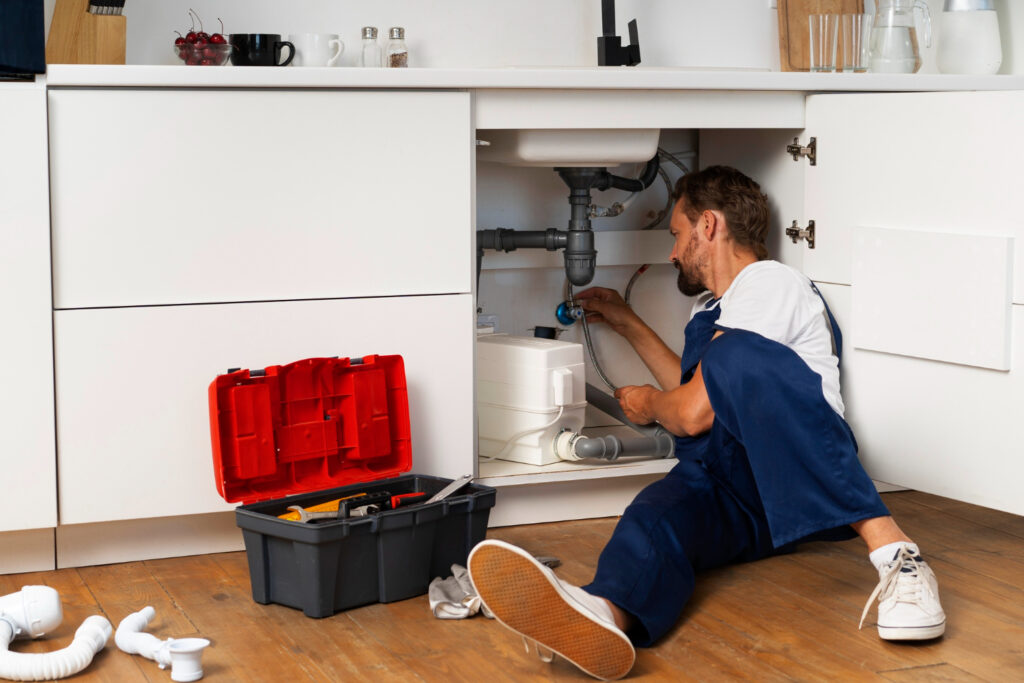
Tip 10: Consider Local Knowledge
Local plumbers often have an edge due to their familiarity with regional plumbing issues and building codes.
The Local Advantage
A plumber who knows the area can provide solutions tailored to local conditions, ensuring compliance with all relevant regulations.
Community Reputation
Trusted local plumbers often build strong community reputations. Hiring from within your area can provide peace of mind that you’re working with someone who values their local clientele.
Conclusion
Navigating a plumbing emergency doesn’t have to be a nightmare. By following these ten tips, you can ensure you choose the right emergency plumber who will swiftly and efficiently resolve your issues.
From verifying credentials to assessing customer service, each step is crucial in making an informed decision. Remember, preparation is your best defense—so keep a list of vetted plumbers handy for when the unexpected strikes.
FAQs
What do you say when you call a plumber?
Provide concise and accurate information about your plumbing issue. Include details like the location, severity, and any attempts you’ve made to fix the problem. This helps the plumber prepare the right tools and equipment for the job.
What to do until the plumber comes?
Shut off the water supply to prevent further damage. Move valuables away from the affected area and take steps to contain leaks, such as placing buckets under dripping water.
How not to get ripped off by a plumber?
Request detailed quotes in advance and compare them. Check online reviews and verify their credentials to ensure they are reputable and experienced.
Is a faucet leak an emergency?
It depends on the severity. A small drip may not be urgent, but significant leaks can lead to water wastage and higher bills. If water flow can’t be stopped, treat it as an emergency.
Should I call a plumber or do it myself?
If you’re confident in your ability to fix minor issues, DIY can be an option. However, for major problems or if you’re unsure, professional help is advisable to prevent further complications.
How can I be a more efficient plumber?
Focus on continuous learning and gaining experience. Stay updated with the latest plumbing technologies and techniques to enhance your efficiency and effectiveness in resolving plumbing issues.

